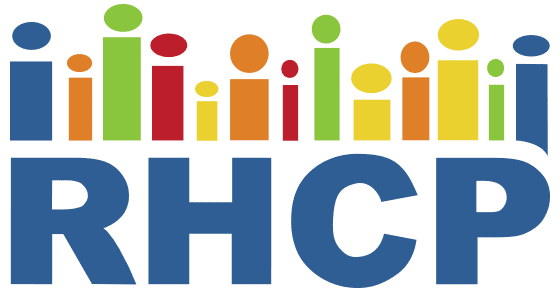Pilot Feasibility Study of a Digital Storytelling Intervention for Immigrant and Refugee Adults With Diabetes
The Diabetes Educator 2017 43(4):349-359
Background: The purpose of this pilot feasibility study was to examine the potential effectiveness of a digital storytelling intervention designed through a community-based participatory research (CBPR) approach for immigrants and refugees with type 2 diabetes mellitus (T2DM).
Methods: The intervention was a 12-minute culturally and linguistically tailored video consisting of an introduction, four stories, and a concluding educational message. A structured interview was used to assess the intervention for acceptability, interest level, and usefulness among 25 participants with T2DM (15 Latino, 10 Somali) across five primary care clinical sites. After watching the video, participants rated their confidence and motivation about managing T2DM as a result of the intervention. Baseline hemoglobin A1C and follow-up values (up to six months) were abstracted from medical records.
Results: All participants reported that the intervention got their attention, was interesting, and was useful. 96% reported that they were more confident about managing their T2DM than before they watched the video, and 92% reported that the video motivated them to change a specific behavior related to T2DM self-management. The mean baseline A1C level for the intervention participants was 9.3% (78 mmol/mol). The change from baseline to first follow-up A1C level was -0.8% (-10 mmol/mol) (p < 0.05).
Conclusion: Implementation of a digital storytelling intervention for T2DM among immigrant populations in primary care settings is feasible and resulted in self-rated improvement in psychosocial constructs that are associated with healthy T2DM self-management behaviors, and there was some evidence of improvement in glycemic control. A large-scale efficacy trial of the intervention is warranted.

